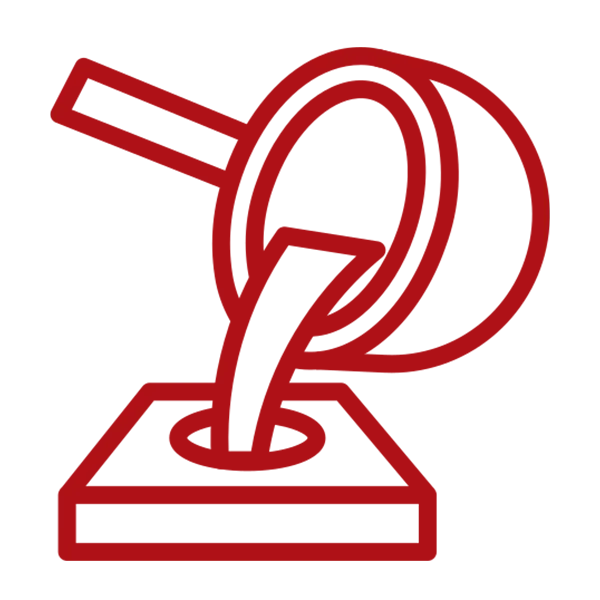
Whether you're familiar with die casting techniques or not, our R&D teams assist you from the very beginning - mold designing. Guided & assisted by DFM & mold flow tool, our teams offer you the most specialized technical drawings. Our DFM analysis is provided free!

Unlike regular factories who do only the die casting job for you, Bian Diecast is fully equipped - you can get your project done in one place! Die casting, CNC machining & finishing in one stop. We aim to save your cost and improve efficiency in the process.

We highly value your design artworks and are open to signing NDAs upon your request. Additionally, we can provide certified files for auto part, including PPAP, APQP, FMEA, MSA, and SPC, for our die-cast products.

Our service is detailed, right down to the packaging. You can choose the ideal packaging – bubble bags, cardboard boxes, plastic frames, dividers, and more – to suit your product's needs. We can also quickly accommodate logo printing or other custom requests on the packaging. Just ask!
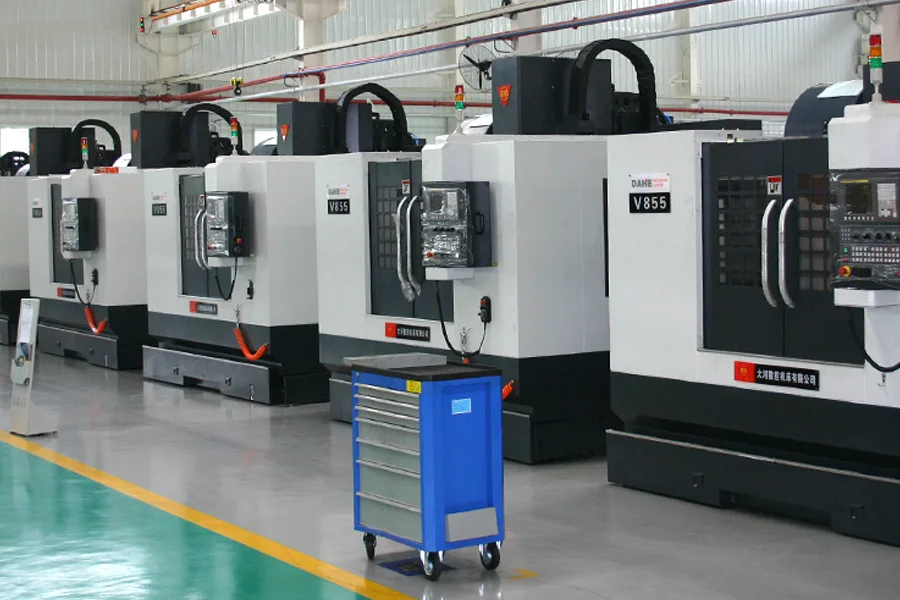
CNC machining, as a vital process within aluminum die casting, allows for precision machining and adjustments to aluminum castings to meet the final product’s requirements and specifications. In the aluminum die casting process, the aluminum castings obtained after aluminum alloy is injected into molds often require secondary machining and finishing to achieve the desired precise dimensions, shapes, and surface quality. This is where CNC machining comes into play.
As a CNC machining manufacturer, Bian Diecast takes pride in offering a diverse spectrum of top-tier die-cast aluminum alloys to cater to a wide range of industrial demands. Our carefully curated selection encompasses three primary categories, including CNC milling service, CNC turning service and EDM machining, each distinguished by its unique set of properties and applications.
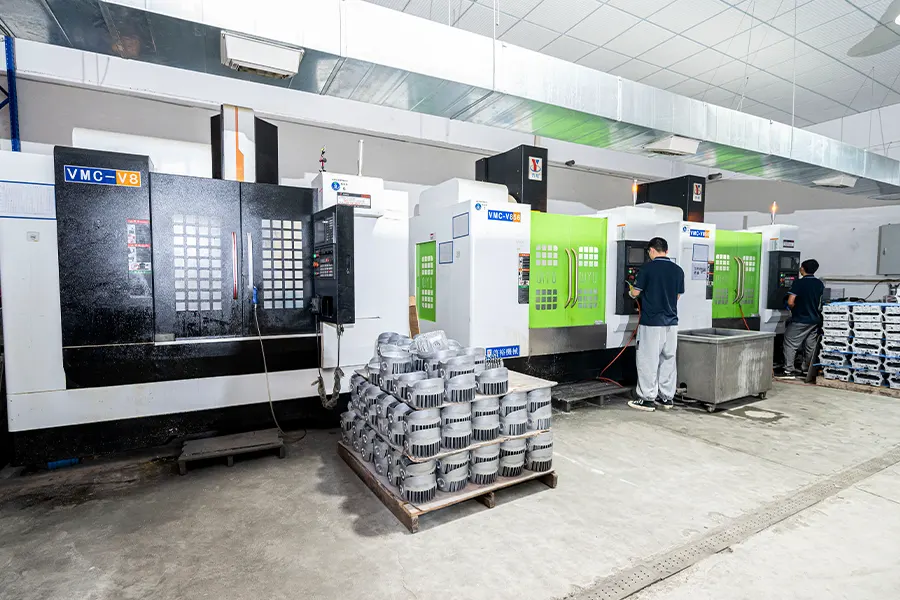
CNC milling workshop is equipped with milling machines used for flat milling, contour milling, hole drilling, and other operations. It is commonly employed in the production of parts such as flats, grooves, holes, and continuous threads.
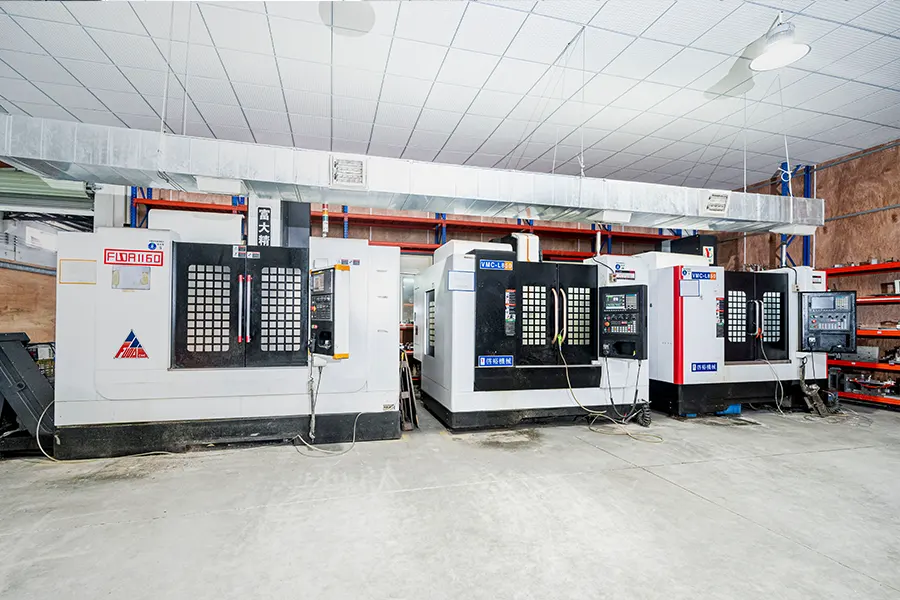
The CNC turning workshop features lathes used for rotational machining, including external contour machining, end-face machining, and thread machining. It is frequently used for processing components like shafts.
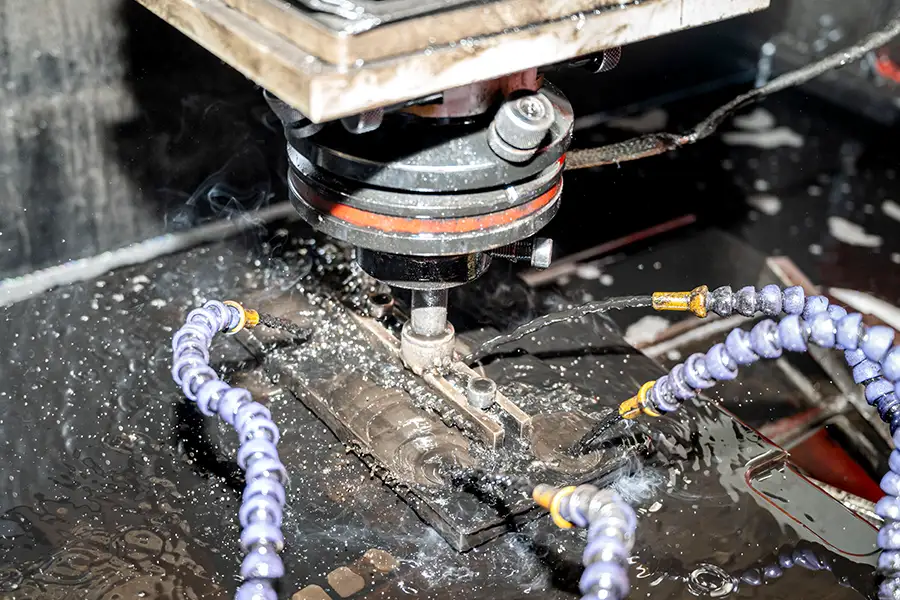
Wire EDM machining, also known as wire-cut electrical discharge machining, is an electrothermal cutting process. Compared to traditional mechanical cutting methods, Wire EDM machining offers higher precision and surface quality, and it can handle more complex geometric shapes.
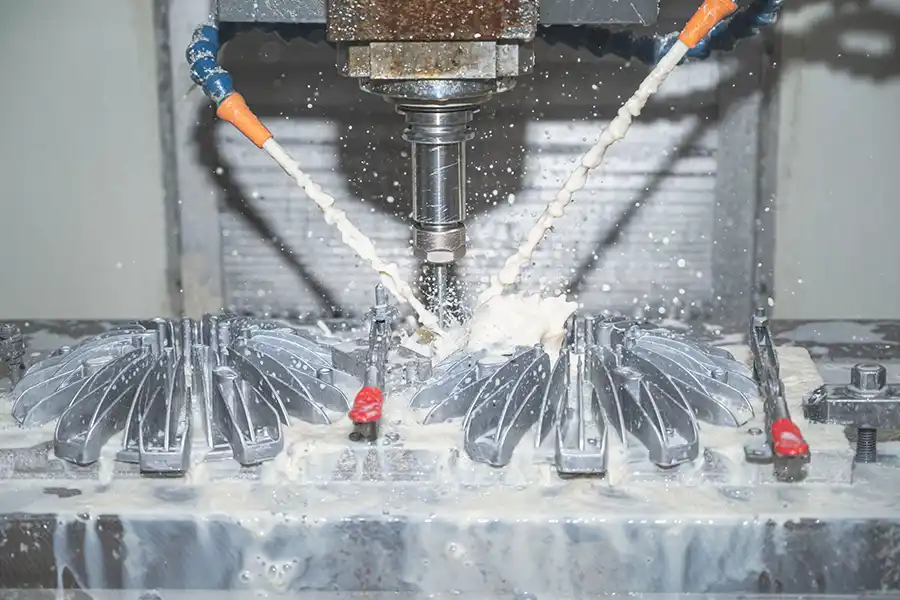
Following is a brief list of our CNC machining centers, capable of precision machining die-cast parts for a portfolio of sectors. Largest machining dimension up to 1000cm. Different kinds of cnc machines we supply are as follows:

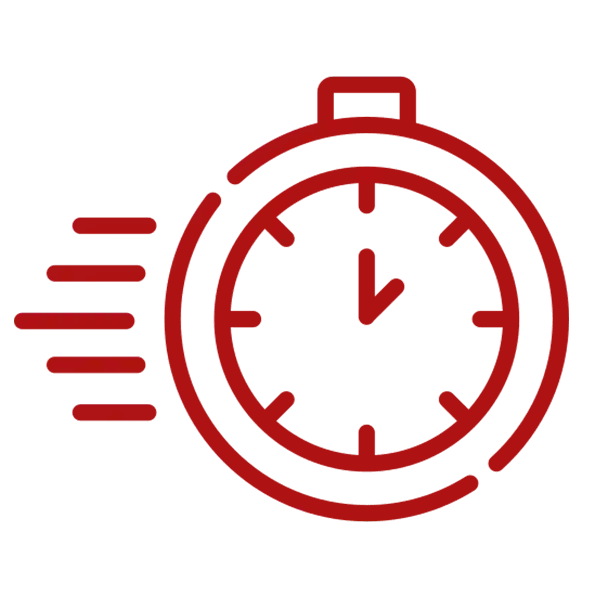



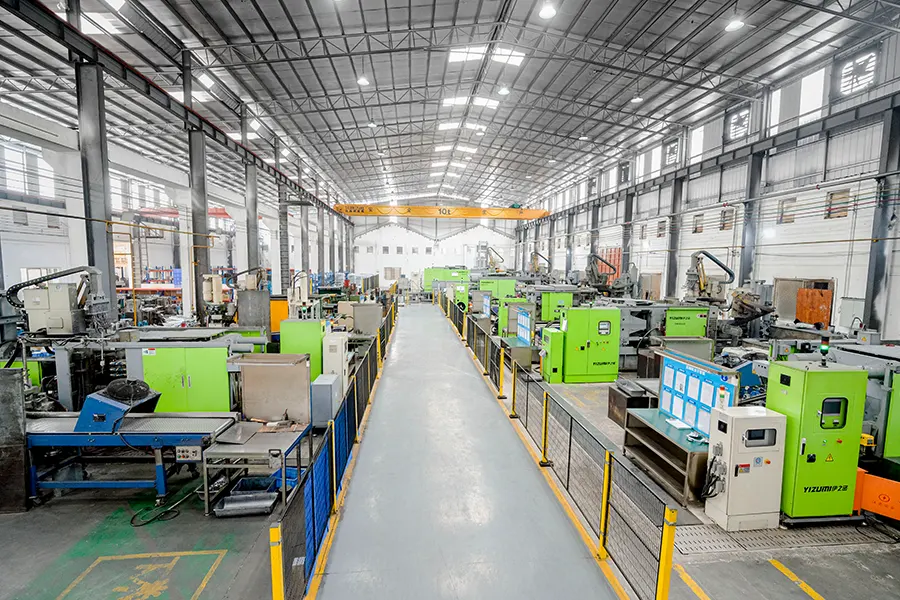
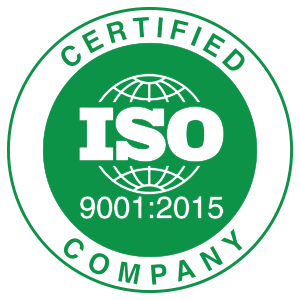

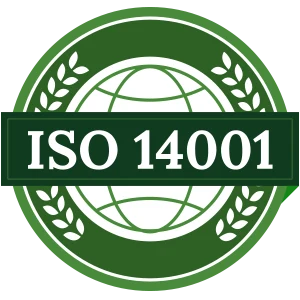
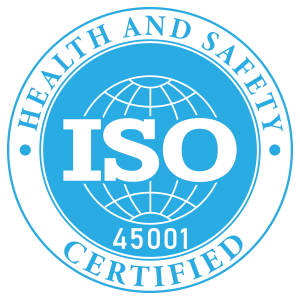
Bian Diecast, an aluminum die casting company, is located in Nanhai District, Foshan City, China. With over a decade of expertise in die casting, we are committed to providing comprehensive die casting services. Apart from specialized mold design and development, we have an advanced factory and workshops that integrate die casting, CNC precision machining, and surface finishing services, catering to diverse needs across various industries.
Currently, we have accumulated years of service experience in the automotive, lighting, electronics, furniture, and construction industries. With a solid foundation in project management, we aim to become a strategic supplier to many renowned global brands.
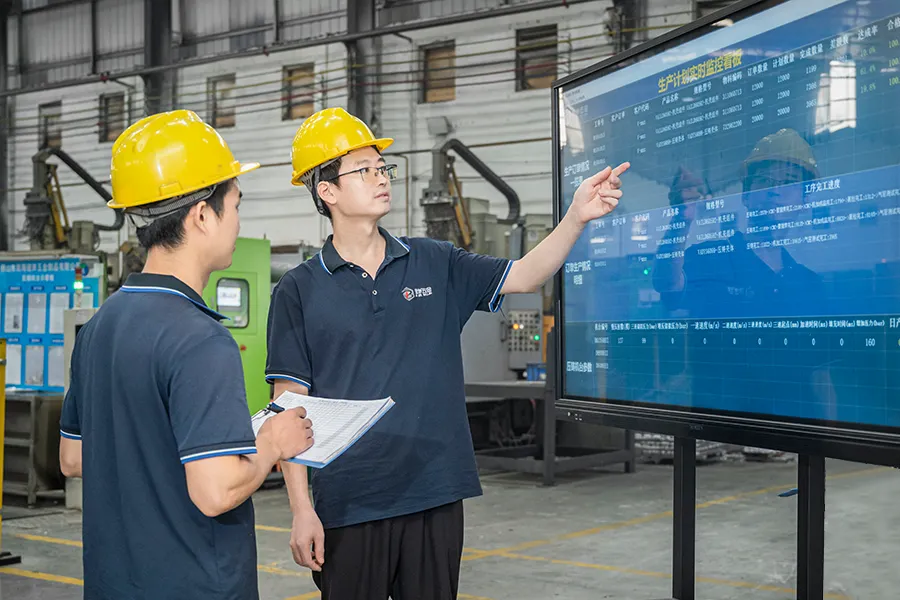
A CNC (Computer Numerical Control) machine is a versatile and highly automated tool used for various manufacturing processes across industries.

The first step in using a CNC machine is to design a digital model or CAD (Computer-Aided Design) file of the part or component that needs to be manufactured. This file contains detailed information about the dimensions, geometries, and features of the part.
The CAD file is then converted into a CNC program or G-code, which is a set of instructions that guides the CNC machine on how and where to move the cutting tool across the workpiece. The CNC program contains commands for tool paths, cutting speeds, depths, and other parameters.
The workpiece is securely clamped onto the machine’s worktable or fixture, and the cutting tool is loaded into the machine’s spindle. The operator inputs the CNC program into the machine’s control unit and sets up the cutting tool and workpiece coordinates.
Once the setup is complete, the CNC machine begins executing the programmed instructions. The machine’s motors and actuators move the cutting tool along the specified tool paths with high precision and accuracy based on the G-code commands.
Depending on the type of CNC machine and cutting operation, the cutting tool removes material from the workpiece through processes such as milling, turning, drilling, routing, grinding, or laser cutting. The tool moves in multiple axes simultaneously to create the desired shape and features on the workpiece.
Throughout the machining process, operators monitor the machine’s performance, inspect the workpiece for quality and accuracy, and make adjustments as needed to ensure the desired results.
Once the machining is completed, the workpiece may undergo additional finishing processes such as deburring, surface treatment, or inspection. The finished part is then removed from the machine for further processing, assembly, or use.

CNC machines offer superior precision and accuracy compared to conventional machines. They can produce complex shapes, intricate designs, and tight tolerances with consistency and reliability.

High precision CNC machines are fully automated and controlled by computer programs, reducing the need for manual intervention and minimizing the risk of human error. This results in higher efficiency and productivity.
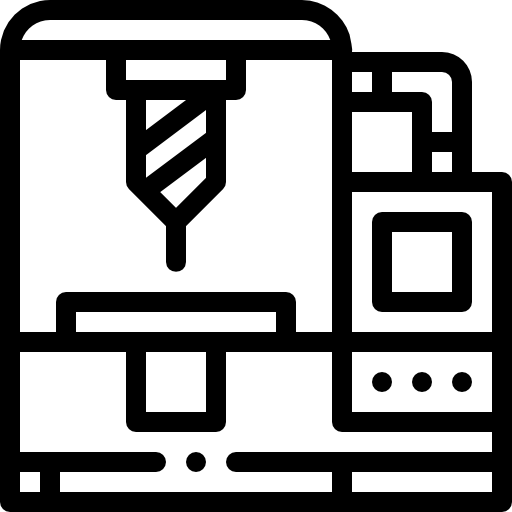
CNC machines are highly versatile and can easily switch between different production tasks and processes by simply changing the CNC program. This flexibility allows for rapid prototyping, customization, and production of diverse parts.

CNC machines operate at high speeds and can perform complex machining operations in a fraction of the time taken by conventional machines. This leads to faster production cycles and reduced lead times.

Aluminum CNC machining can repeat the same machining processes with precision and consistency, ensuring uniform quality across multiple workpieces. This capability is especially useful for mass production and batch manufacturing.

CNC machines offer advanced monitoring and control capabilities to ensure the quality of machined parts. Real-time feedback and in-process inspection help detect and correct deviations, resulting in high-quality products.
CNC machining stands for Computer Numerical Control machining. It’s a highly precise manufacturing process that complements die casting by allowing for fine-tuning, shaping, and post-casting modifications of die-cast parts. CNC machining ensures parts meet tight tolerances and specified dimensions, enhancing their overall quality and functionality.
Yes, CNC machining is versatile and applicable to both aluminum and zinc die-cast parts. It offers the flexibility to fine-tune and modify parts made from various materials, ensuring they meet specific project requirements.
Absolutely, CNC machining is the go-to solution for achieving tight tolerances in critical die-cast parts. Its computer-controlled precision ensures parts conform to exact dimensional requirements, even for demanding applications in industries like aerospace and automotive. CNC machining enhances the quality, reliability, and performance of these precision components.
CNC machining encompasses various operations, including milling, turning, drilling, and surface finishing. These operations can be tailored to meet specific design and functional requirements for die-cast parts.
CNC machining significantly contributes to shorter lead times by offering rapid setup, efficient tool changes, and high-speed cutting capabilities. This agility allows for quick adjustments in production schedules and accommodating urgent orders, making CNC machining a key factor in meeting tight project timelines.
CNC machining is versatile and compatible with a wide range of materials commonly used in die-casting, including aluminum, zinc, magnesium, and more. Material selection depends on your project’s specific requirements, and CNC machining can accommodate various materials with ease.
Yes, CNC machining is an excellent choice for producing prototypes of die-cast parts. Its ability to quickly and accurately machine parts makes it ideal for testing and validating designs before committing to mass production. This reduces the time and costs associated with creating physical prototypes.
Design factors such as material selection, tolerances, part complexity, and the desired surface finish should be considered when planning CNC machining for die-cast parts. Collaboration with experienced engineers can help optimize designs for efficient CNC machining.
We maintain quality consistency through rigorous process control, employee training, and adherence to industry standards. Our advanced measurement equipment verifies dimensions and shapes, ensuring each machined die-cast part meets specified requirements.

Copyright © 2024, Bian Diecast. All rights reserved.
